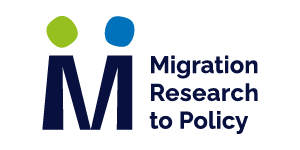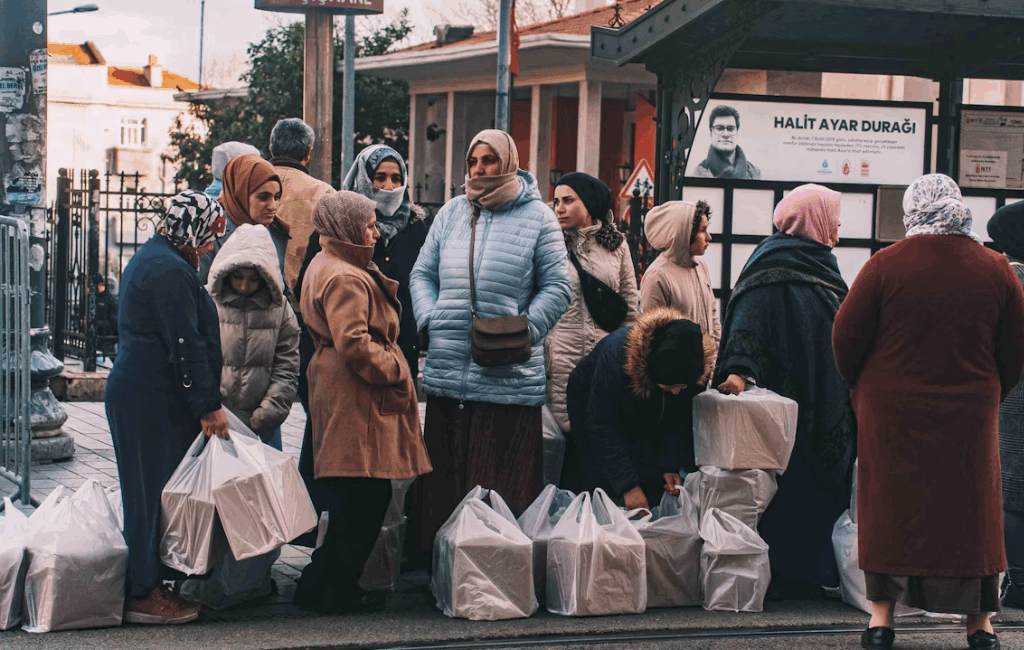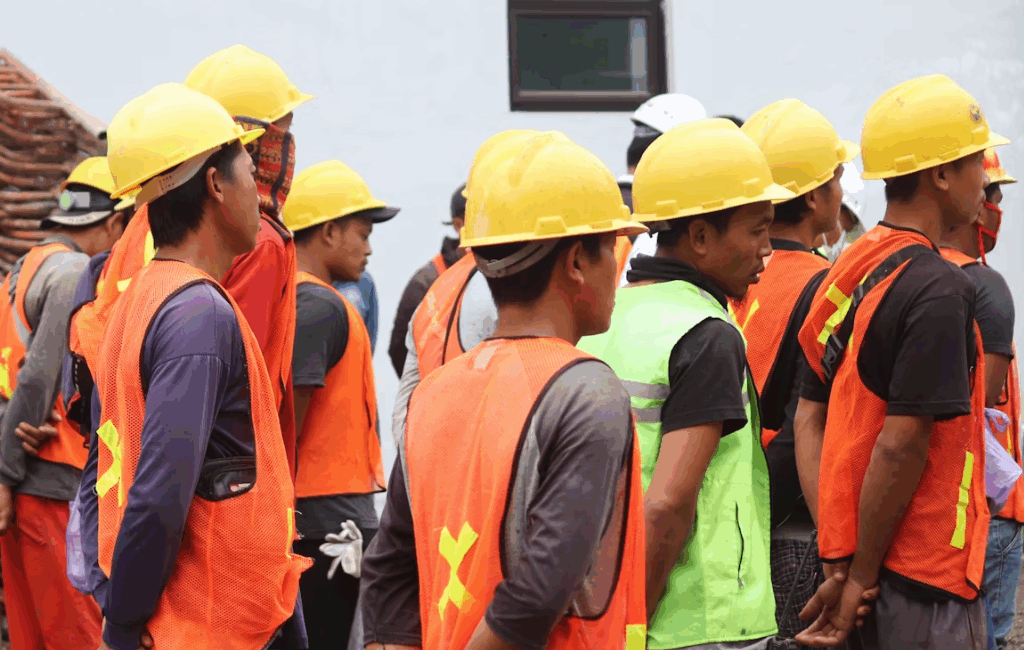
RESEARCH EXCHANGE
How ambition and cooperation can come together to support higher levels of EU Mobility
Author
About
Anne Güller-Frey
strategy
Behind every successful complex project is great stakeholder engagement—here’s how to make it happen.
Using my experience in managing international and EU funded programs as well as a lecturer, advisor and intercultural consultant I have learned how policy, research and practice can work together to drive real change.
In the case of European Mobility Career Counselling (EMoCC) in vocational education and training, this was to support occupational and geographical mobility in the European Union (EU).
Why promote professional and geographical mobility in the EU?
Despite the enormous opportunities for people who want to be mobile, it remains the case that levels of EU mobility are low even despite the EU’s huge efforts to promote it.
Increased occupational and geographical mobility can lead to more efficient adaptations to labour market changes and be a catalyst for both a closer political integration and the social inclusion of disadvantaged individuals.
To enable greater mobility, the EMoCC project was devised as a highly collaborative European project to train job advisors to become competent Career Consultants.
EMoCC addressed important challenges such as unemployment, labour shortages or skill mismatches and a wide range of stakeholders in both the public and private sectors dealing with these issues.
What we did?
To explore the reasons why geographic and career mobility remains low across Europe the project adopted a two-step approach to develop tools to empower career counsellors to support individuals who wish to move for work, or who are required to do so
– Step 1: we identified the reasons, motivations and skills needed for moving abroad.
– Step 2: we designed online courses for career counselling providers wishing to enhance their skills in job mobility and integration.
EMoCC was an ambitious project with the risk being that this ambition could also mean an overcommitment of the various partners that are involved in the project. That’s why it was important to ensure that within the group were people with experience, who were technically, well-versed and reflect a range of relevant positions in relation to the issues at stake.
Five key steps to effective stakeholder engagement
The broad involvement of very different stakeholders helped EMoCC achieve a high level of sustainability through the acceptance and applicability of the Massive Open Online Courses (MOOCs) as a final product. It combined a common vision with scientific knowledge and practical solutions and helped to improve labour mobility in Europe.
- Clear definition of roles and tasks Right from the start, EMoCC followed a clear structure with clear divisions of responsibilities: one strand focused on research, the other on developing the MOOCs (Massive Open Online Courses). This structure helped to prevent confusion, overlapping activities, ensured accountability and smooth coordination across diverse teams.
- Bridges of cooperation Focused collaboration of two or three partners working on specific tasks (e.g. creating the MOOCs), rather than involving all stakeholders in every decision. This allowed productive discussions and helped partners to get familiar with the subject and working methods.
- Knowledge exchange and respect to others expertise EMoCC projects created an environment in which the partners could contribute their respective knowledge while respecting each other’s expertise. Successful cooperation therefore also depends on the partners recognising the limits of their own expertise.
- Trust-building through in-person meetings While digital communication was essential, in-person meetings played a key role in getting to know each other’s thoughts, preferred working methods or preferences and priorities including “red lines” of the organizations involved. They helped to create a common working basis on the base of mutual understanding
- High frustration tolerance Large-scale, multinational projects inevitably come with setbacks—technical issues, miscommunications, and differing expectations. The partners in the EMoCC project (many of them very experienced in international cooperation) managed these challenges by agreeing on what was essential, what was necessary (“must haves”), urgently desirable (“should haves”), and what was nice but ultimately dispensable (“nice to haves”).
EMoCC is a Cooperation partnership in vocational education and training co-funded in 2021 under the Erasmus + Key Action 2 Cooperation among organisations and institutions.
Learn more:
The EMoCC project has developed two free online training programmes:
• MOOC for Career Counselling Providers: A 30-hour course designed for generalist counsellors, even without formal training, to help them support clients with mobility ambitions.
• European Mobility MOOC: A more advanced course that equips career counsellors with the intercultural and policy knowledge needed to guide clients through the complex landscape of European job mobility.
Anne Güller-Frey is a Project Manager at Tür an Tür Augsburg and a member of the Advisory Board of Metropolis International. She has extensive experience in migration and international mobility, integration, and labour market initiatives across Europe.
Submit your idea for a ‘short’ to be featured on the Co-Lab.












